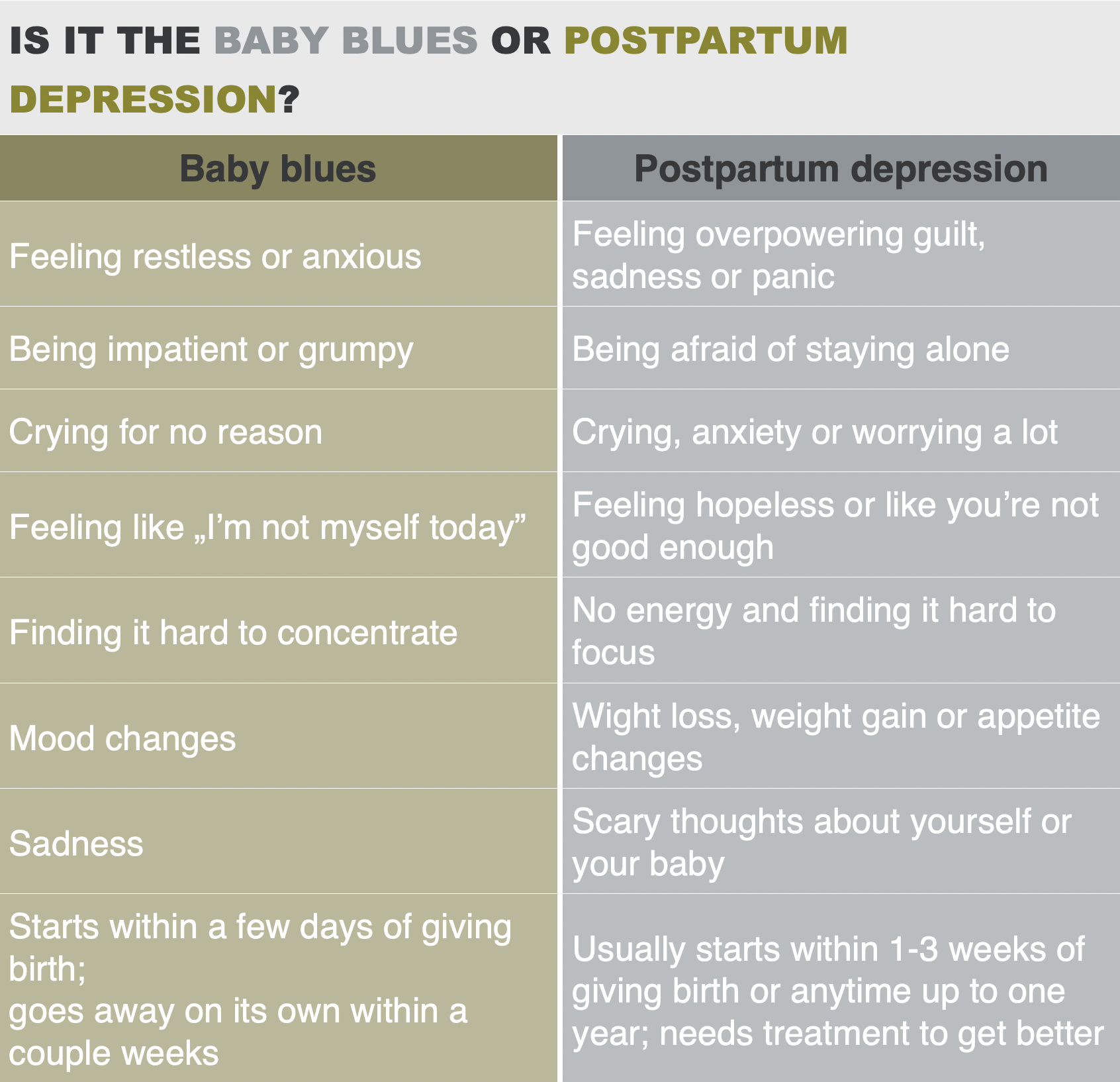Congratulations on becoming a new mum! As you embark on this exciting journey of motherhood, you may experience a range of emotions, from joy and happiness to feelings of anxiety and stress. As the go-to provider of Marbella nannies, we can reassure you that these feelings are normal and that you are not alone.
An interesting fact about new mums is that you experience a surge of oxytocin during and after your pregnancy. Oxytocin, also known as the love hormone, plays a crucial role in bonding between a mother and her baby. It helps promote feelings of love, trust and intimacy, which are essential for both mothers and newborns. According to a recent article published in the Journal of Neonatal Nursing, oxytocin levels increase significantly during labor and delivery, and remain elevated during the postpartum period.
The baby blues
Yet, although new mothers benefit from this hormonal support and other contextual help that we can avail of during the postpartum period, it is still commonly acknowledged that around 80% of new mothers experience the “baby blues”. This is a transient mood disorder that occurs in the first weeks after giving birth. Symptoms include mood swings, anxiety and crying spells, and are thought to be related to hormonal changes and the stress of adapting to motherhood and childcare.
PPD affects 20% of new mothers
It is estimated that up to 20% of new mothers are affected by a more severe form of postpartum depression (PPD). This is a serious condition that can lead to long-term negative effects on both the mother and baby, and should be addressed as soon as possible. While many factors can contribute to PPD, including genetics, hormone fluctuations and stress, it’s important for new mothers to know that seeking help is a sign of strength, not weakness. Looking after your mental health and physical wellbeing is just as important as making sure your baby has the right childcare, whether this means the assistance of a temporary maternity nurse or a long term live-in nanny.
You’re a mum, not a super-nanny
It’s important to remember that motherhood doesn’t always feel like it looks on screen or is read about in books. The media portrayal of motherhood is about as real as the super nanny Mary Poppins! Giving birth is a natural and beautiful experience, but it’s also one of the biggest transitions you can go through. This transition can be particularly challenging for new mothers, who are dealing with physical and mental changes while caring for a newborn. But it’s important to remember that there is no “right” way to be a mother, and that seeking help when you need it is a sign of strength.
Severe PPD
The aforementioned Journal of Neonatal article also provides some interesting statistics showing that during the COVID-19 pandemic the risk of perinatal mood and anxiety disorders increased, with up to 40% of pregnant and postpartum women experiencing symptoms of depression and anxiety. Additionally, the authors highlight the importance of social support in preventing and treating PPD, as studies have shown that mothers who have supportive partners, family members, and childcare providers ( live-in nanny or manny!)are less likely to develop PPD.
In addition to the physical and emotional changes that come with motherhood, there is also a cultural pressure for new mothers to “bounce back” and resume their previous lives as quickly as possible. However, this pressure is not only unrealistic but also harmful. The transition to motherhood is a journey that takes time, and it is important for new mothers to prioritize self-care and seek support.
Matrescence
According to an NPR article, this journey is called “matrescence,” which is defined as the process of becoming a mother. It involves a profound shift in identity, priorities, and relationships. It is important for new mothers to acknowledge and embrace this process, and to seek out resources and support to help them navigate this transition. How? Allow The Governess and Co. to outline a few suggestions in tackling this along your journey:
- Practice self-care: Take time for yourself to engage in activities that bring you joy and relaxation. This could be as simple as taking a warm bath, reading a book or going for a walk.
- Seek support: It’s important to surround yourself with people who can offer emotional and practical support. This could be family, friends or professional childcare.
- Be patient and kind to yourself: Remember that the transition to motherhood is a journey that takes time. You cannot have everything figured out right away and you needn’ either!
Bonus tip: write a baby journal. It’s a cute and fun way to look back on the milestones you are taking and reflect on how far you can get with the simplest of steps. You can write about your newborn and your new self as a mother. It can be a platform to express your feelings and emotions , including the joys and challenges that come with it.
A celebration of the small, seemingly insignificant moments like scrolling through the pictures of your newborn over and over again when you are too tired to do anything else but can’t resist the visuals of your perfect little human.
Here’s to matresence!


